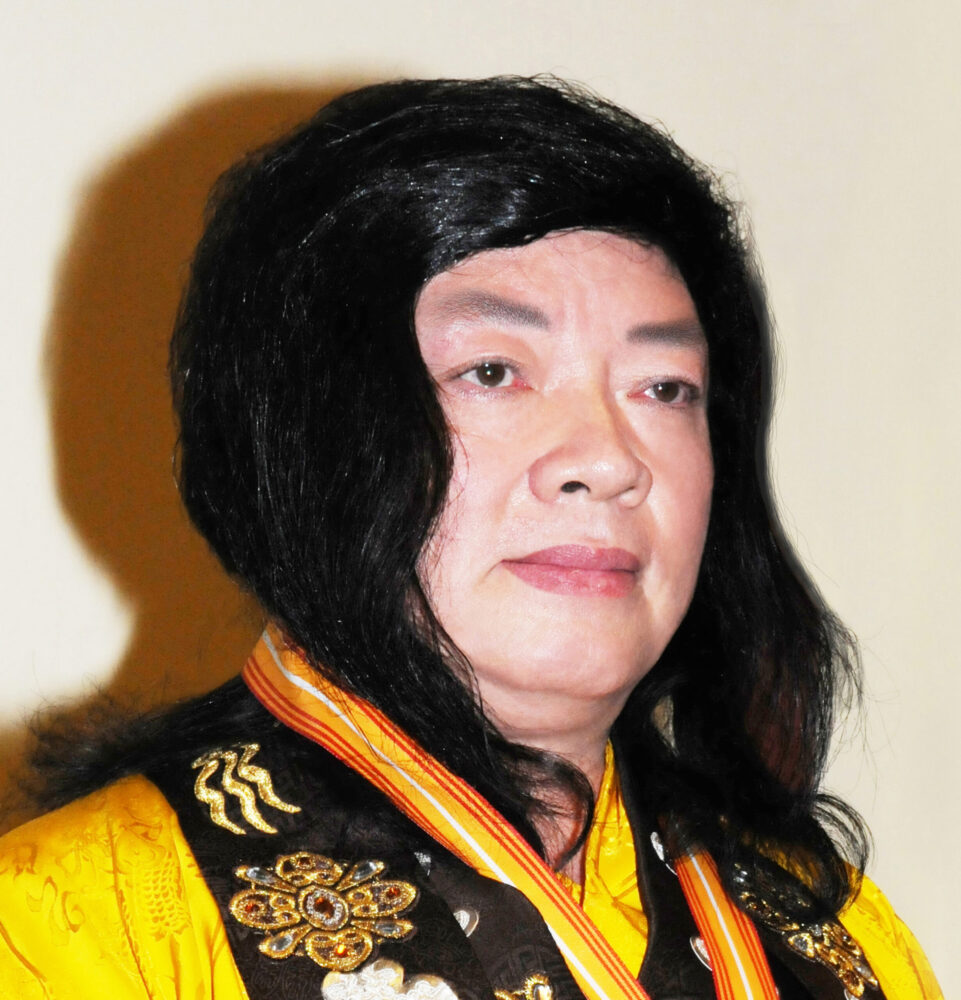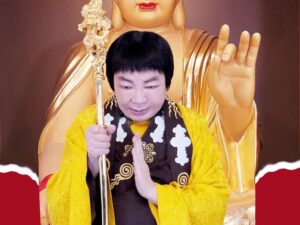D52(A)-Advanced Buddhism, Making Vows (DISCOURSE ONLY)
- Description
- Curriculum
- FAQ
- Reviews

This free course provides a reading of a preliminary translation of the Dharma Discourse by H.H. Dorje Chang Buddha III on “Making Vows in Order to Seek Empowerment” given on the Trip to the East in 2008. This short discourse contains some very important principles that must be understood concerning how there can be no bargaining with the Buddhas and Bodhisattvas. There is no quid pro quo when we request empowerment or the blessings of the Holy Ones.
The video is from a reading of a preliminary translation of this discourse by Zhaxi Zhuoma Rinpoche at a Lemonade Sangha class given on February 3, 2022.
This free course does not include any assignments, quizzes, supplemental materials, or group discussions that you can find when the full course is offered in D52.
Click on the “Curriculum” tab to review this course. If you have not registered for a membership, please click on “Membership” on the top menu bar to select your membership and enroll in this course. Click for detailed Procedural Guide under the “STUDENT MANUAL” in the website’s top menu bar for more information.
Prior to viewing this course, you are required to listen to the caveats provided in “PRELIMINARY STEPS” of Section 1 of the curriculum, which is a requirement for all preliminary translations of the Buddha Master’s teachings and complete “D01(A)-The Supreme and Magnificent Dharma”.




